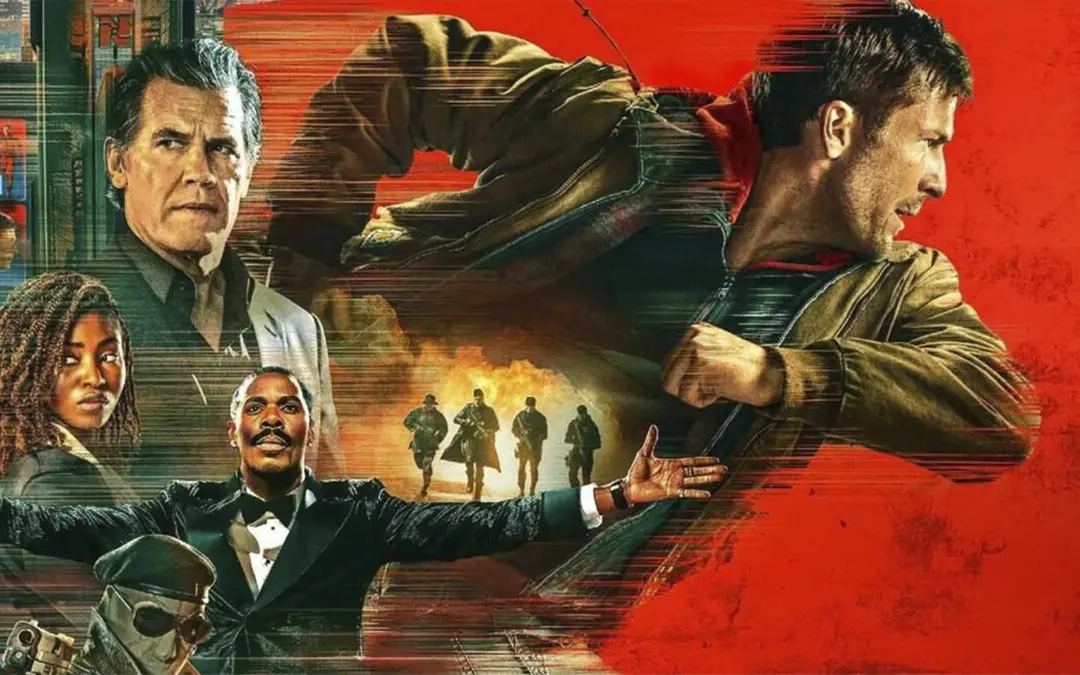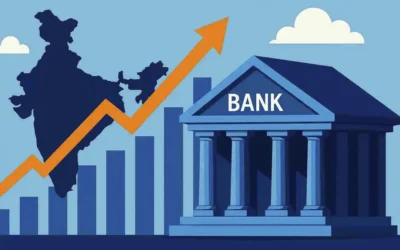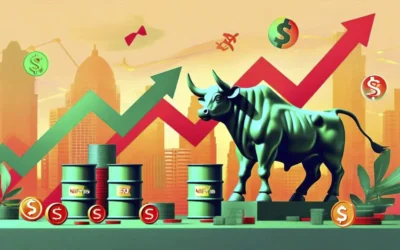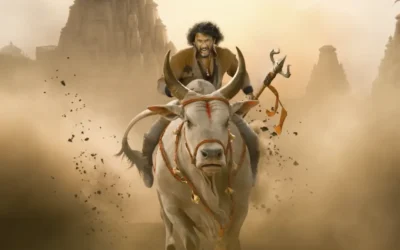Director Edgar Wright‘s highly anticipated new adaptation of the Stephen King novel, The Running Man, has hit theaters, replacing the campy 1987 Arnold Schwarzenegger classic with a far darker, more timely, and gritty sci-fi satire. Starring Glen Powell as Ben Richards, the film is being praised for its propulsive action and unsettling closeness to current societal anxieties.
The film is set in a dystopian near-future—the year 2025, ironically—where America is ruled by massive corporate conglomerates and staggering wealth inequality. To distract the desperate masses, the state-controlled network airs violent, lethal reality game shows, the most popular of which is The Running Man.
A Story of Desperation, Not Treason
Unlike the original film, which framed the protagonist as a framed police officer, Wright’s adaptation stays true to the Stephen King (writing as Richard Bachman) novel, grounding the story in devastating economic reality:
- The Plot: Ben Richards (Glen Powell) is an out-of-work father in a poverty-stricken co-op city. Desperate to buy medicine for his sick daughter, he volunteers for the deadly game show. If he can evade the elite Hunters for 30 days, he wins a billion dollars.
- The Reality TV Machine: The film’s villain is not a physical threat, but the system itself, personified by the chillingly hard-faced executive producer Dan Killian, played by Josh Brolin. The movie updates the commentary for the digital age, showing how the network uses AI and deepfake technology to smear and manipulate Richards’ image on live TV, creating a manufactured monster for the public to hate.
Critical Takeaways: Fast Pace vs. Fleshed-Out World
The film is described as a non-stop sprint, rarely letting the audience catch its breath, a hallmark of director Edgar Wright’s style.
- Strengths:
- Pacing and Energy: The kinetic cinematography and pulsating score create an exhilarating, relentless chase that keeps viewers invested.
- Casting: Glen Powell delivers a strong, anger-fueled performance as the reluctant, sarcastic anti-hero. Josh Brolin and Colman Domingo (as the flamboyant host) are praised for chewing up the scenery as the capitalist villains.
- Timeliness: The satire hits hard, with its depiction of widespread poverty, corporate dictatorship, and a public pacified by violence feeling uncomfortably relevant.
- Weaknesses:
- Muddled Message: Some critics argue the film’s relentless pace sacrifices character development and world-building, preventing the powerful anti-capitalist message from fully sinking in.
- Blunted Ending: Due to being a major studio film, the adaptation necessarily avoids the extremely bleak and controversial ending of the novel, resulting in a climax that feels somewhat safer and less impactful than King’s original vision.
Overall, Edgar Wright’s The Running Man is a slick, darkly satirical, and buoyant thriller. It successfully modernizes the classic story with contemporary anxieties but ultimately runs into trouble trying to be both a hard-hitting critique and an action-packed, crowd-pleasing blockbuster.
Discover more empowering stories and insightful content like this on YOUxTalks, your go-to destination for inspiration and knowledge.
Follow YOUxTalks on Instagram: https://www.instagram.com/youxtalks











